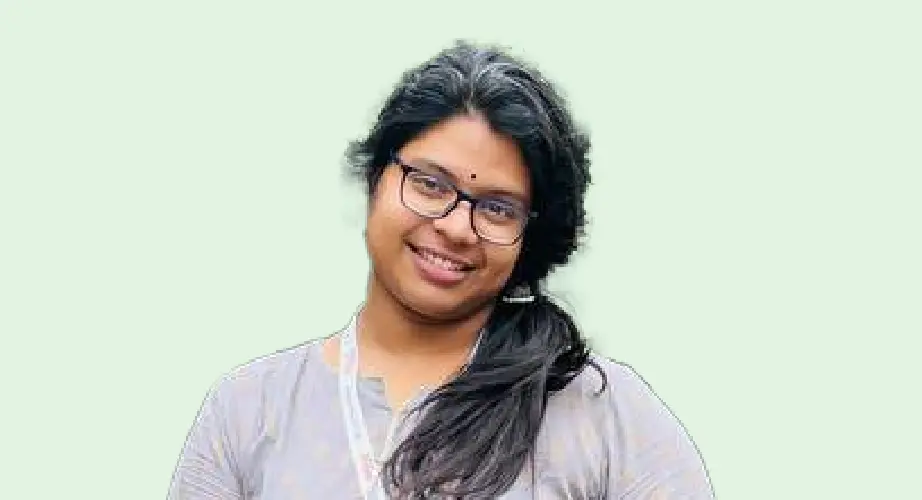It is equally fascinating and terrifying that for the millions of years humans have spent trying to unwrap the secrets of this world, there are still just as many, if not more, that are yet to be revealed. As a child, I always found myself drawn to the genre of fantasy that attempted to answer the many mysteries of the world in the most imaginative ways. Today, as a health fact-checker, I have immense respect for the medical research community as they have the arduous task of going through endless trials and errors only to come up with oft inconclusive results. The scientific method does not always allow you to make absolute conclusions, and much of the misinformation present online stems amidst this gap of absolutes. While monitoring social media, as part of my job, I see a wide spectrum of misleading health-related claims that include disinformation meant to influence readers as well as unsubstantiated treatments or remedies. And then, there are people who amplify these claims believing them to be a trusted source, with the intent of helping others. At First Check, we also interact with quite a few people who come across health misinformation as they seek specific information for themselves or their loved ones who may be battling a medical condition. They are often staring into the abyss of the lack of information, or are not quite equipped to make sense of the information overload. While fact-checking is essential and it serves an important purpose, it alone cannot address the global challenge of health misinformation. We must also invest in health literacy for all. Health literacy cannot be seen as a luxury and restricted to certain socio-economic groups in urban areas. We have to come up with ways of engaging rural populations and various ethnic communities in the discussion and find modes of communication that best work for them. As I analyse social media trends and conversations, I feel a deep sense of sympathy for all the innocent people who fall for health misinformation. The people who seek elusive rays of hope and believe in miracle cures can’t see the difference between fact and fiction. Unlike the child who enjoyed the fantasy world, but always knew at back of her mind that it was make-believe and not the reality. 
Pratibha
Fact-checker, First Check | 
